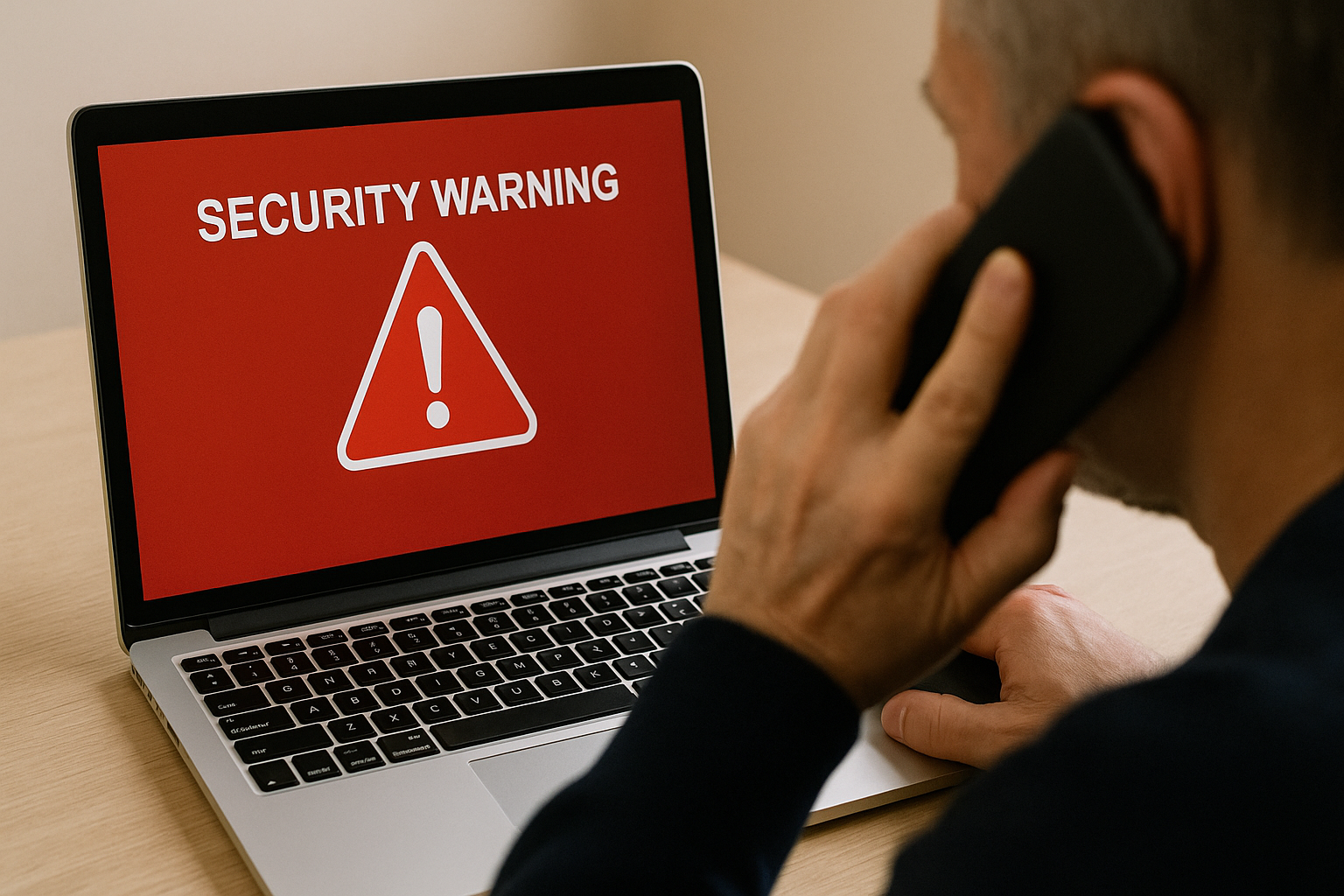Introduction to Discovery (1/7): Don't leave the choice of discovery vendor to others!
Dealing with international litigation is difficult for a company to handle on its own.

Why relying on lawyers and local counsel to select vendors is dangerous
Civil litigation in the United States differs from litigation in Japan in many respects. The most significant difference is the existence of "discovery. In the U.S., when a lawsuit arises, the parties are required to hold discussions before a fact-finding (trial) is conducted by the court. An important procedure that takes place at this time is "discovery," which allows the parties to obtain evidence from the opposing party and from third parties. The purpose of this system is to ensure that both plaintiff and defendant are properly aware of the "facts" by conducting discovery and showing each other evidence prior to the trial, so that the parties can resolve the matter as much as possible.
If there is any falsification or concealment of evidence during this discovery phase, severe penalties are prescribed. Naturally, litigation will also be disadvantageous. Do not be lax or leave it to others just because it is one of the procedures.
Point
When selecting a discovery vendor, it is advisable for the company to take the initiative and not rely on the opinions of others. Otherwise, you will be charged huge fees for work that could have been eliminated.
In the case of Company S, headquartered in Japan
One day, a law firm in the U.S. contacted us saying, "We would like to conduct a review in the U.S. of Company S, which is preparing for litigation, and we would like you to send us the data. However, we had already agreed that we, as the discovery vendor, would handle the discovery for the lawsuit, and the head of the legal department of Company S had not reported any change of vendor. When I actually checked with the general manager, he said, "I am not aware of any such thing. However, a few days later, I received a call from that general manager asking me to do as the law firm said. When we asked him about the situation, he told us that the law firm had, on its own initiative, signed a one-year contract with 70 lawyers and had already prepared to conduct the review. They told us that they were sorry but they wanted to cancel the order because if they asked a vendor other than the US vendor designated by the lawyer (in this case, our company) to perform the review, the cost for the 70 lawyers would be wasted. For example, in the above example, a contract with 70 attorneys would cost approximately 3 billion yen in labor costs, even if only for one year. However, if we can reduce the labor cost as much as possible by using techniques such as predirective coding (review work is done by computer), it is possible to reduce the cost to one-tenth of the original cost.
Why law firms want to choose direct vendors
Retigation and support department chooses the vendor
Let's consider why this has happened. Most law firms in the U.S. have a "Litigation Support" department under the attorney. The attorneys are rarely directly involved in the selection of discovery vendors, and this department generally works with outside vendors to facilitate the discovery process.
In the case of Company S, if we were to accept the discovery order, the U.S. vendor would be out of work, and Retigation Support, which coordinates the discovery process, would lose work and lose its reputation. Therefore, we believe that they have been talking to us through their lawyers.
Considering Cost as a Litigation Strategy
It is clear that it would be difficult to sustain litigation over several years if legal fees of ¥3 billion per year were to be incurred. If the cost is only 300 million yen per year, a budget of 3 billion yen would allow us to fight the case for 10 years. Although this is a comparison only in terms of budget, the difference is obvious. Depending on the nature of the litigation, if the cost is only one-tenth of the cost, it is possible to carefully plan a strategy and reach a favorable settlement. Thus, cost control is not just a matter of cost reduction, but an essential strategy to reach a favorable settlement.
In order to implement appropriate cost control, a Japanese company must have a firm initiative as a party to the case. If it is left to the U.S. law firm or the local subsidiary being sued, neither the costs nor the litigation can be controlled.
How to Choose the Right Discovery Vendor
The majority of discovery costs are review costs. Therefore, the selection of a discovery vendor to handle the review is very important. In addition to attorneys, U.S. law firms have a department called litigation support, which is responsible for selecting vendors when a discovery case arises, and attorneys are generally not involved in vendor selection.
When international litigation occurs, it is the lawyers who communicate directly with the client, but even if there is an advisory contract with the lawyers at the time the litigation case arises, there is no contract with the discovery vendor.
However, in many cases, the legal department at the headquarters is unfamiliar with the discovery process or leaves it to local counsel, leaving the choice of vendor to the attorneys.
In such cases, lawyers will choose the vendor recommended by Litigation Support in order to increase their firm's sales. They may not choose a vendor based on the quality of work, but rather on profit margins and benefits. In this case, Japanese firms may only get biased answers when they are asked about their vendor selection criteria.
Point
Make it clear in the contract that the company is responsible for vendor selection.
Previous Article: Introduction to Discovery: Getting Started
Next Article: Introduction to Discovery (2/7): 3 Essential Questions for Discovery Vendor Selection
Contact FRONTEO for e-discovery inquiries:
https://legal.fronteo.com/contact/ 